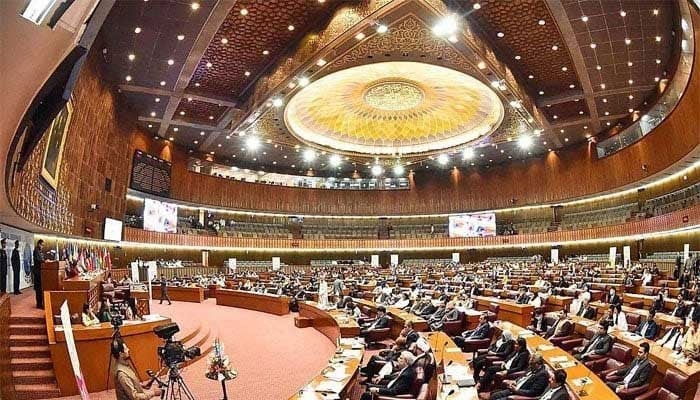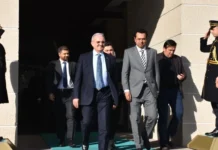ISLAMABAD, July 21 (Alliance News): Legal experts and political observers have raised serious concerns over the current system of reserved seats in Pakistan’s assemblies, saying it is being used for political gain instead of genuine representation of women and minorities.
They argue that reserved seats, meant to empower underrepresented groups, are often filled with relatives or loyalists of powerful political leaders instead of true community representatives. Critics say this system weakens democracy and must be reformed.
Currently, 70 out of 336 seats in the National Assembly and 156 seats in the four provincial assemblies are reserved—not elected directly by voters.
Experts say this undermines the core democratic principle that all lawmakers should be directly elected by the people.
Legal reforms introduced in 2002 gave the Election Commission of Pakistan (ECP) wide control over party symbols and seat allocation, including reserved seats.
Under these changes, parties can submit lists of candidates for reserved seats, often bypassing fair and inclusive selection.
Analysts say this has turned the ECP into more than a neutral referee. It now writes rules, interprets laws, and makes key decisions about elections—raising concerns about overreach.
The 18th Amendment passed in 2010 did not fix these problems. It kept the party list method for reserved seats and failed to address the issue of what happens when independent candidates win a large number of seats.
Legal experts argue that such issues need urgent attention through proper legislation by Parliament.
Observers believe that if political parties truly support inclusion, they should give general election tickets to women and minority candidates, rather than relying on reserved seats.
Critics describe reserved seats as “legal crutches for political dwarfs” that reduce the credibility of the Parliament and prevent genuine representatives from reaching decision-making positions.
They are now calling on the government and Parliament to reform the system and ensure that all seats—general or reserved—reflect the direct will of the people.






